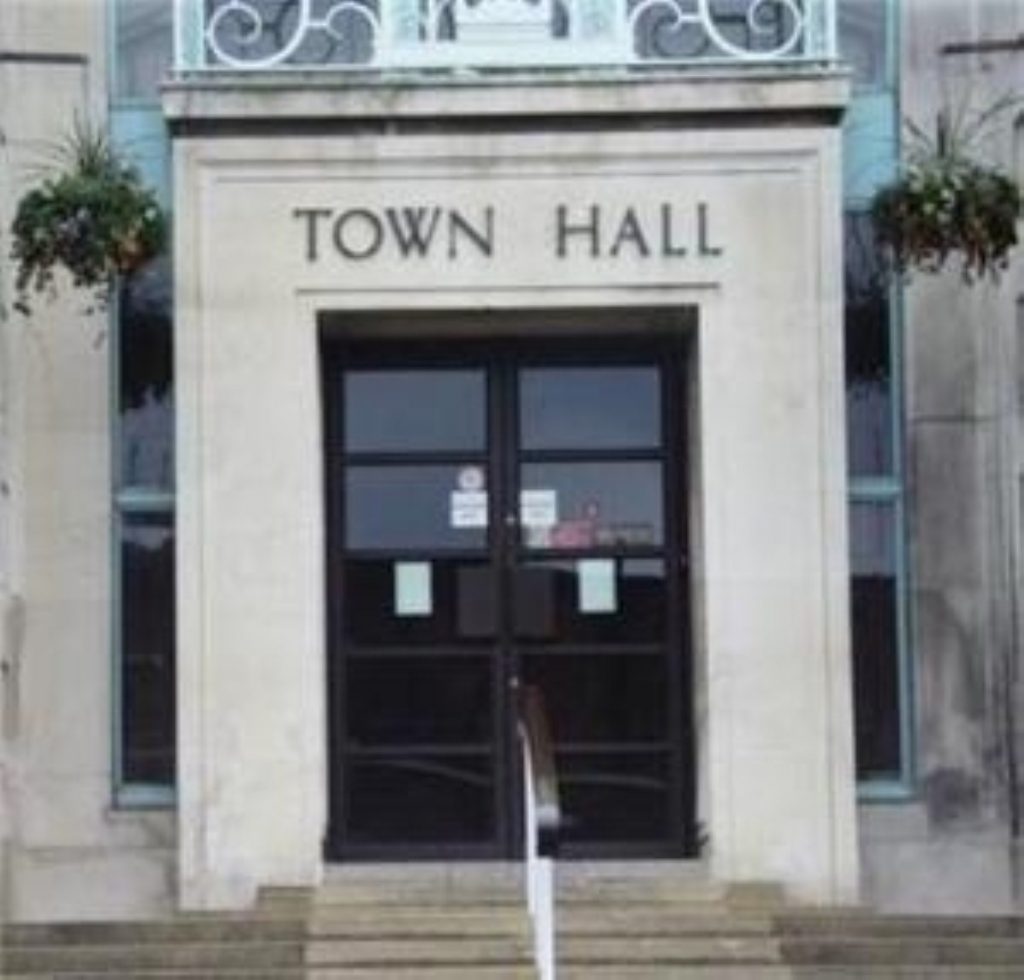Local fight against climate change hampered, says LGA
The Local Government Association (LGA) has said there is a “cocktail of obstacles” preventing local authorities from taking action against climate change.
Sir Ron Watson, chair of the LGA’s environment and regeneration executive, said: “The Government’s 2003 Energy White Paper cites local authorities as ‘pivotal’ to achieving the Government’s historic target of slashing carbon dioxide emissions by 60 per cent by the year 2050.
“And yet councils still find the path to greater sustainability and improved green credentials littered with obstacles.
“This survey is a call for Government to abolish the restrictions and contradictions placed upon local authorities. The aspirations set out in the Energy White Paper will remain nothing but aspirations if Government does not heed the warning that this survey presents.”


“There is currently a profusion of diverse, and at times contradictory, sustainable energy funding programmes, with no comprehensive, independent data on progress towards national goals. Top-down targets imposed on local councils from above, combined with a lack of basic information on energy consumption, frustrate councils’ attempts to direct local resources effectively.
“Combined with a lack of Government funds and shortage of staff, these problems create a ‘glass ceiling’ preventing councils doing all they would like to build a better, sustainable quality of life in their local areas.”
The LGA argues that councils are committed to improving energy efficiency, stating that 93 per cent have a specific strategy to improve home energy conservation and 65 per cent have set out plans to tackle the causes of climate change in their area.
It claims that 80 per cent of the local authorities are prevented from making progress due to lack of funding and green issues being pushed down the agenda by Government priorities, such as education.
Liberal Democrat environment spokesman, Norman Baker, said: “This report demonstrates all too clearly how yet again the Government talks big on climate change but delivers little. Local authorities ought to be at the forefront of action to tackle climate change but they are not being given the tools to do the job.
“The economic signals given out by the Chancellor often encourage the direct opposite to what is needed to deal with climate change.”

